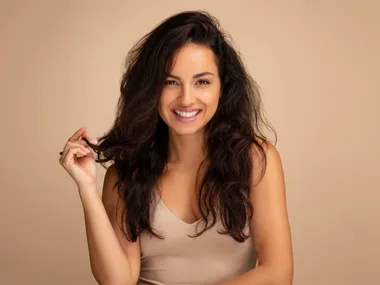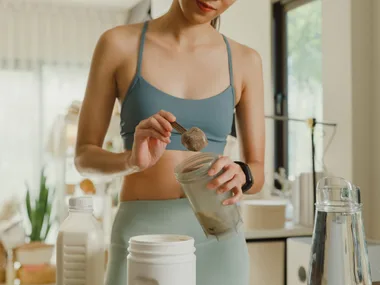Unfortunately, skin problems don’t just happen when you’re a pubescent teen.
But when the promise of anti-ageing creams, serums and formulas don’t turn back the clock on your tired skin, there are still some effective methods out there.
Ditch the sugar
It’s hard to dodge that 3pm chocolate craving but cutting out the sugar – or at least only having it in small doses – makes sure that your skin doesn’t lose elasticity.
No elasticity means wrinkles are more encouraged to form, tells Dr Marilyn Glenville to Daily Mail.
Nutritionist Cassandra Barns tells Daily Mail that sugar and refined carbs can raise testosterone with then can cause breakouts.
Good fats
Omega-3 and omega-6 fatty acids help your heart, brain and eyesight, but also your skin.
Barns tells Daily Mail that these good fats – found in oily fish like salmon, mackerel and sardines – “help maintain the skin’s barrier function and prevent moisture loss.”
“They are also thought to have a role in the dermis – the lower layer of skin – by controlling inflammation and minimising collagen damage from UV rays,” she adds.
Try to eat a serving of oily fish three times a week.
Zinc
Zinc plays a huge part in the body and helps a whole range of things, including skin.
Barns says that zinc is required for normal cell growth and that “A lot of people find zinc useful in the case of acne and other skin conditions.”
Oats, pumpkin seeds, eggs, oysters and peas all contain doses of zinc.

Antioxidants
Antioxidants help your skin by combatting the production of free radicals which are the main cause of damaged skin cells. Damaged skin cells then lead to signs of ageing, with a dull complexion, lines and damaged collagen.
As vitamin C has high levels of antioxidants, it can help fight this off by keeping your skin look youthful.
Protein
Protein is a hugely important part to your diet as it aids tissue repair and creates and replaces new skin.
Barns explains: “On average, a woman needs 1g of protein per kilo body weight per day.”
“This means that a woman weighing 60 kg needs at least 60 g of protein, which is equivalent to two chicken breasts, four eggs or three cups of cooked lentils.”











